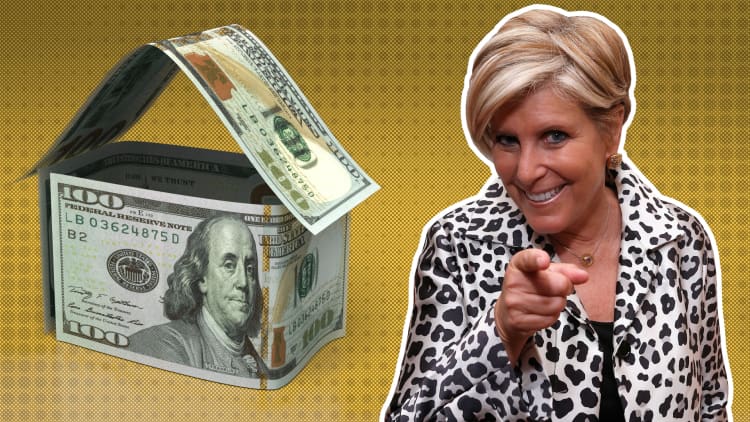Credit cards can save you hundreds of dollars per year in the form of cash back or rewards points. But don't expect to qualify for the cards with the best offers unless you have a good credit score.
"We typically see at least a 670 required for the best rewards credit cards," says Ted Rossman, an industry analyst at CreditCards.com. "Although that's not set in stone. I know someone who qualified for the Chase Sapphire Reserve — a very high-end credit card — with a 664 FICO score."
Top credit cards offer high rewards rates in various spending categories. Some may suit your lifestyle more than others. The Uber Visa from Barclays, for instance, offers 4 percent back when you dine out at restaurants, while the American Express Blue Cash Everyday delivers 3 percent on groceries. The Citi Double Cash has a flat rate of 2 percent back on all purchases: 1 percent when you make a purchase and 1 percent when you pay your bill.
Many cards offer perks, too. The American Express Platinum card requires a $550 annual fee but offsets the fee with travel credits and luxury benefits. Cardholders can access airport lounges, get priority boarding through TSA pre-check, and receive hotel upgrades through the Fine Hotels & Resorts program.
And many of the most generous rewards cards offer sign-up bonuses worth hundreds of dollars.
If your score is below 670 or so, which is on the low end of what is generally considered a "good" score, you'll have to settle for worse rewards rates and fewer perks. And if your score dips below around 600, Rossman says, or if you don't have an established credit history, you might have to go with a secured card.
How credit card issuers decide whether to accept you
A credit card issuer looks at more than your score when deciding whether to accept your application. Even if you have a high score, you might get denied based on your income, for instance, or if you've opened a bunch of accounts in a short amount of time, according to John Ganotis, founder of CreditCardInsider.com.
"Some banks will automatically deny people who have opened a certain number of accounts in the past few years," he tells CNBC Make It.
Churning through cards, or opening them to collect their bonuses and closing them before having to pay more than one annual fee, can be lucrative. But if you overdo it, credit issuers may start denying your applications.
In general, getting to a score of 670 is a good goal. "For most people, the easiest and fastest way to improve their credit scores is to pay down their credit card balances and catch up on any late payments. Those two issues are by far the most common problems," says Rod Griffin, director of consumer awareness at Experian.
If you manage to hit 750 or 760, you'll probably qualify for the best credit cards and also receive the best rates on any type of loan. Going higher than that won't make much difference, according to Greg McBride, chief analyst at Bankrate: "That's why obsessing over a score of 800 versus 820 is largely a waste of time."
Like this story? Like CNBC Make It on Facebook!
Don't miss: Credit expert: This is the No. 1 mistake to avoid if you want a great credit score




